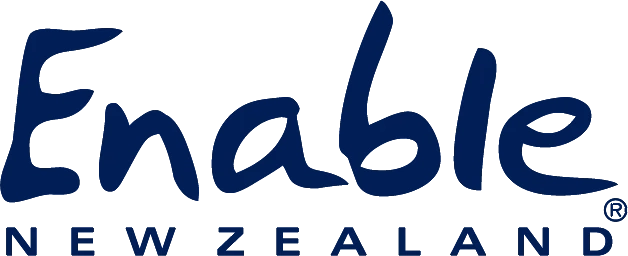IT professionals
As a cloud-first digital organisation, technology is at the core of what we do.
Our mission is to support disabled people to live everyday lives in their communities. We want to empower disabled people to live a good life on their terms, which means giving them more choice and control over the services they receive.
The only way to achieve that is using digital tools like websites, apps, e-commerce platforms and workflow tools to allow people to have self-service access to our products and services.
Enable New Zealand is on a journey of transforming our technology stack so we can provide a revolutionary service to people with disabilities.
Our technology
Enable New Zealand provides three key digital services to our partners and service providers:
An assessor workflow tool, allowing us to issue spectacles, hearing aids and equipment to clients through their therapist
Short-term and long-term hire solutions of disability equipment for various DHBs
Various web services: the Firstport disability information website; the Enable New Zealand and Easie Living websites, including online store based on Shopify.
We use a wide range of technologies to help us deliver these services, including Microsoft Cloud Technologies and its latest CRM. We mainly use Software as a Solution (SaaS) based solution providers.
Being a cloud-first company enables us to quickly develop solutions and release them to the market. Our apps are developed in-house in collaboration with external partners such as Fujitsu, DTSL, Delta Insights, Certus, Zoho and ProWorkflow.
Working in our IT team
Enable New Zealand’s IT team is collaborative and customer-focused, providing support for our cloud technologies.
The team includes application specialists, ERP specialists, database specialists and end-user computer specialists.
Our delivery method is bi-modal, meaning some technologies are delivered through conventional waterfall methods such as system and network upgrades. Other things, such as app rollouts, are done through agile methodologies such as customer workshops, requirement gathering and product releases through iterations.
